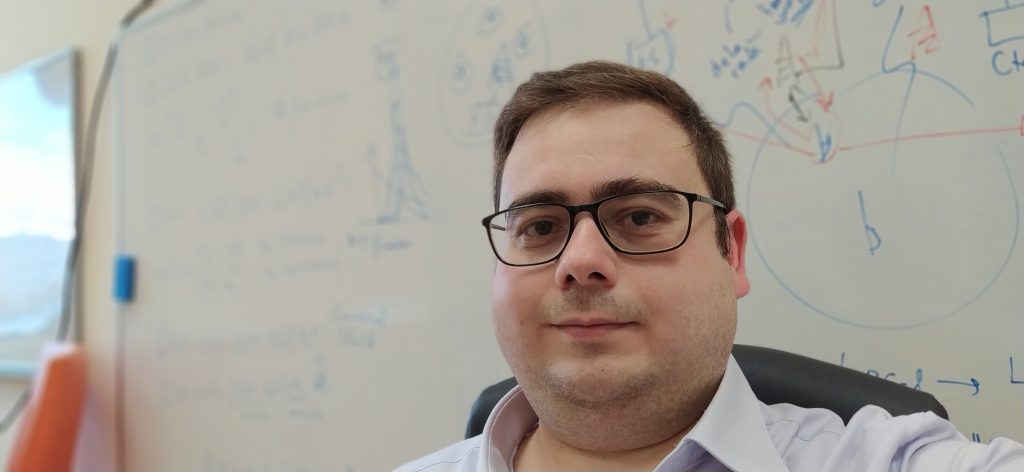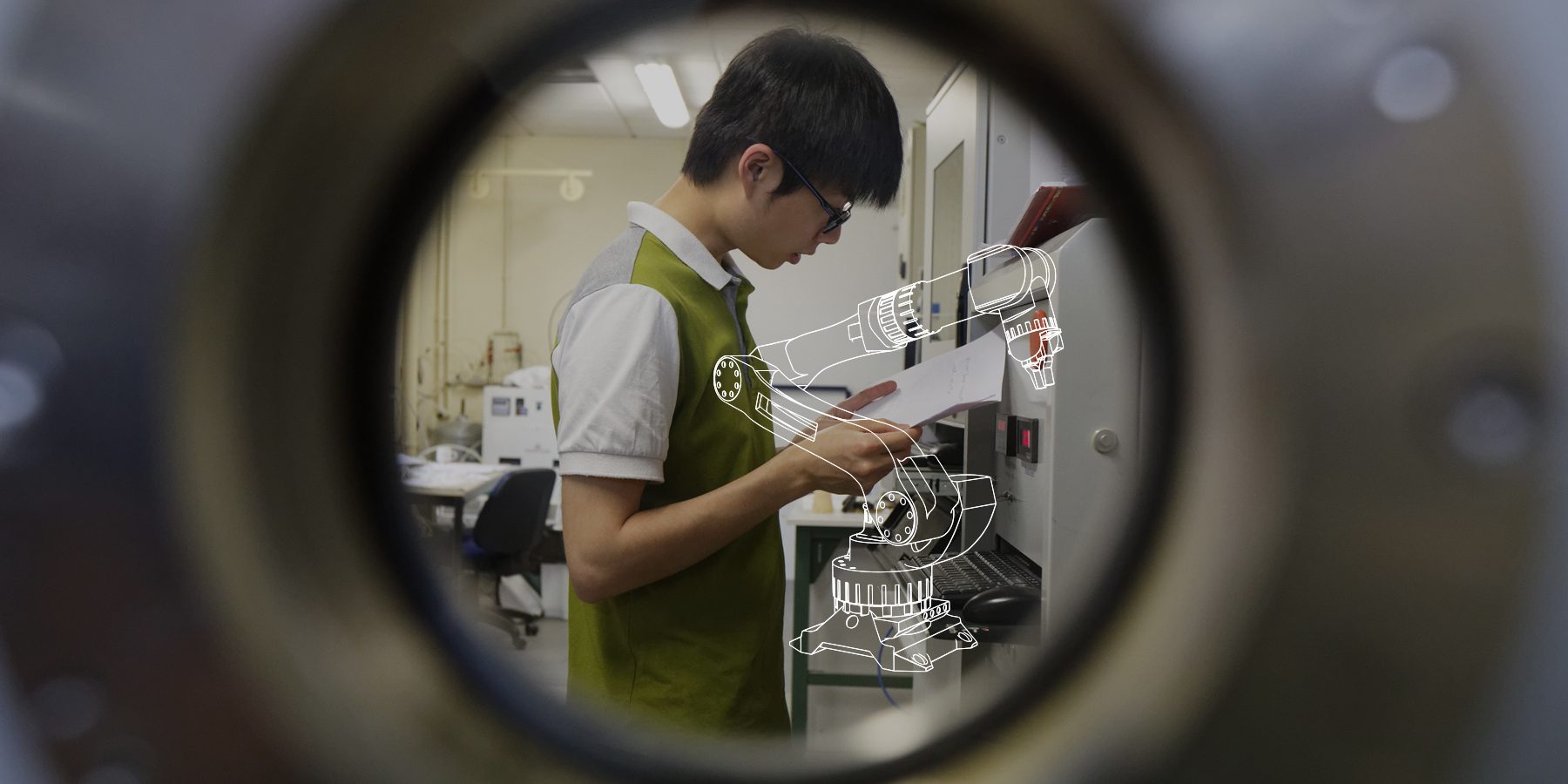Exploring links between education, research and innovation are one of the main engines of EELISA Alliance, and the core of the EELISA Work Package 5. Akif Yazici is the leader of the working team currently tackling the organization of special workshops and events that will bring together experts, students, teachers, and the whole EELISA community –and beyond- to jointly identify challenges and new approaches to learning. In this interview, Akif tells us about the upcoming “EELISA Research-Based Learning Symposium” that will take place in Istanbul on the 17th and 18th of May.
Very soon, more details will be published on a specific subpage fully dedicated to the Symposium. In the meantime, save the date for this not-to-be-missed EELISA event!
Q. Akif, can you explain what Research-based learning is and its role within the EELISA Alliance?
We, as professors, are coming to terms with the fact that there is a gap between what we teach, and what is demanded from an engineer in a field rapidly changed by technology so teaching how to learn by oneself is becoming increasingly more important. Research-based learning (RBL) is one of the many novel methodological and philosophical approaches to education. In the context of higher education, it involves bringing state-of-the-art research outcomes into the classroom and putting the students face-to-face with real-life challenges that we aim to solve through research.
In my personal experience, even the students that perform great in classical exams and coursework have difficulty in identifying what tools are necessary when a real-life problem is presented to them without specific boundaries and assumptions. The professor must play the role of a guide, helping students navigate through possible paths to viable models that lead to solutions. On this journey, the students will see how to approach real problems, what foundational knowledge they require, and learn how to obtain it.
Q. What is the main purpose of the EELISA Research-based learning Symposium?
The main purposes of the symposium are to gather the RBL practices applied at each EELISA partner, to build on the experiences of each other, to explore the opportunities in university-business collaboration in RBL so that graduates are much more prepared for what comes after university, and most importantly, to promote and showcase the EELISA Communities that are actively working to realize RBL.
Q. What new doors or opportunities do you envision this symposium will open for the EELISA community as a whole?
The RBL symposium will bring together all parties involved in the EELISA Alliance, the students, the researchers, higher education administrators, businesses, and citizens. To this extent, it will act as a catalyst in the dissemination of good practices, exchange of experiences, and creation of new collaborations. In this EELISA RBL symposium, researchers will have the chance to learn about the efforts of the EELISA Communities, meet with potential collaborators, and hear the experiences of both professors/researchers and students that have taken part in RBL practices as well as EELISA activities in a broader sense. Business partners will have a platform to offer programs that promote RBL and can benefit both students and teachers.
Q. And, finally, how will this event impact EELISA students?
Students will learn about the wide range of opportunities that are offered to them through EELISA, and meet with their counterparts from other EELISA partners. Students taking part in RBL activities such as student teams (solar car, formula, robotics, etc) will have a similarly-motivated audience to demonstrate their projects. As you know, local EELISA student groups have begun to emerge, and the symposium will also offer a chance for them to get together and build a roadmap to move forward.

Akif Yazıcı holds a Ph.D. degree in Electrical and Electronics Engineering. He has been an assistant professor at the Informatics Institute, ITU, since 2016.

